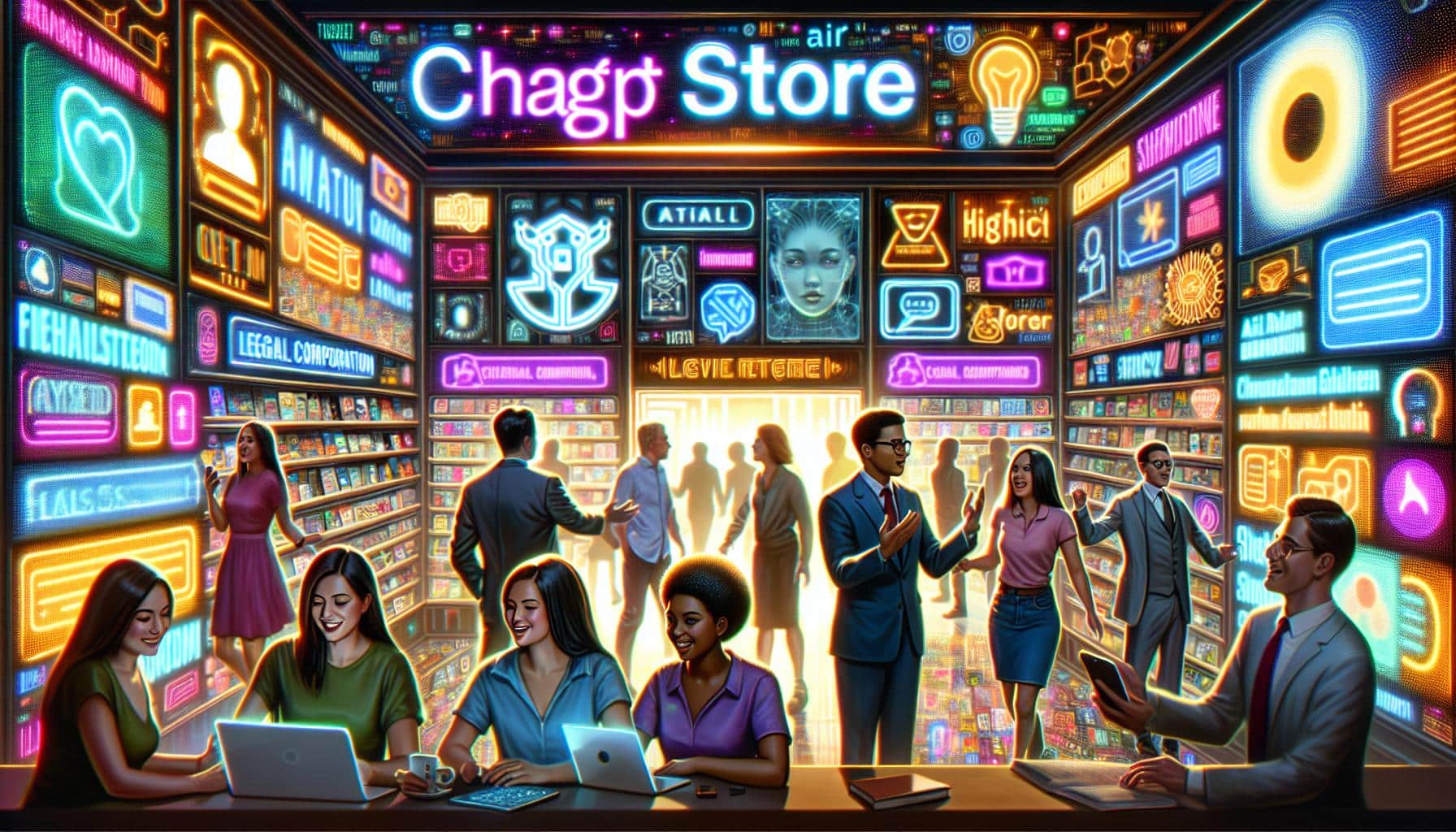Penske Media Initiates Legal Action Against Google Over AI Content Use
Penske Media Corporation (PMC), owner of prominent publications including Rolling Stone, Billboard, and Variety, has filed a lawsuit against Google and its parent company Alphabet. The suit accuses Google of illegally utilizing PMC’s news content to generate AI summaries that, according to Penske, undermine their business model.
Allegations of Content Misuse and Revenue Impact
The lawsuit centers on Google’s AI Overviews, a feature introduced last year that creates AI-generated summaries from news content displayed in search results. Penske contends that this practice not only exploits their content without proper consent but also causes a significant decline in traffic from Google searches. This reduction in referrals allegedly leads to decreased advertising, subscription, and affiliate revenue streams vital to PMC’s operations.
PMC argues that their longstanding arrangement with Google—allowing content crawling in exchange for referral traffic—is being undermined. The suit claims that Google now conditions indexing on additional uses of content for AI training and summary generation, which publishers have not agreed to. Opting out, Penske warns, would mean removing their sites from Google search altogether, a move deemed commercially untenable.
Google’s Response and Industry Context
Google spokesperson José Castañeda responded by asserting that AI Overviews enhance the search experience and facilitate discovery of diverse content. He emphasized that Google directs billions of clicks daily to various websites, including those of publishers like Penske.
This litigation emerges amid broader industry concerns over AI’s disruptive effect on digital publishing and copyright. While previous lawsuits have targeted AI companies over content rights, this is the first major case against Google related to its AI-generated search summaries.
Legal and Market Implications
The lawsuit also follows recent antitrust rulings against Google, where a federal judge found the company unlawfully maintained monopoly power in online search but refrained from ordering structural remedies, citing growing AI competition.
Penske’s suit may prompt further scrutiny of how tech giants leverage publisher content for AI development and the resulting economic impact on traditional media businesses. The outcome could influence future negotiations between publishers and platform providers regarding content use and compensation.
FinOracleAI — Market View
The lawsuit introduces renewed legal uncertainty around Google’s AI content practices, potentially pressuring the company to revise its AI Overviews strategy or compensation models. A protracted legal battle could increase regulatory scrutiny and impact Google’s relationships with key content providers.
However, Google’s dominant market position and its argument that AI Overviews drive traffic to diverse sites may limit immediate operational disruptions. Investors should monitor developments in this case alongside evolving AI regulations and publisher negotiations.
Impact: negative













